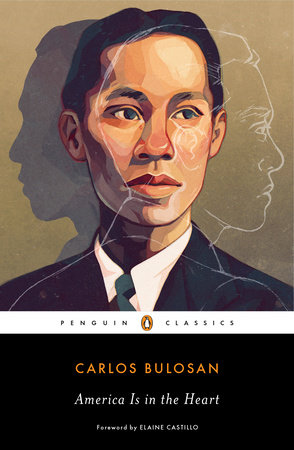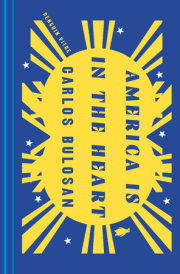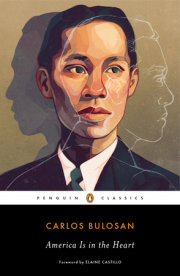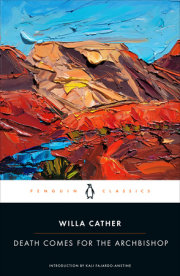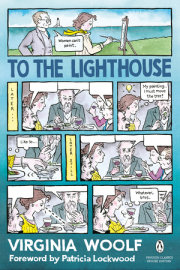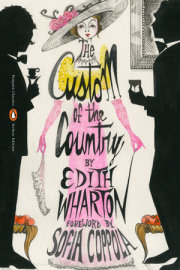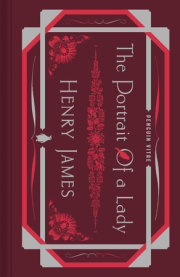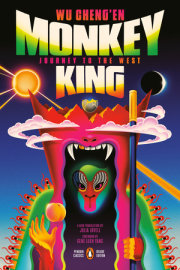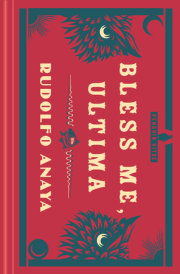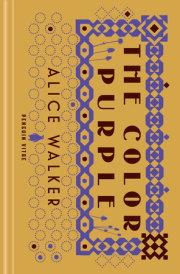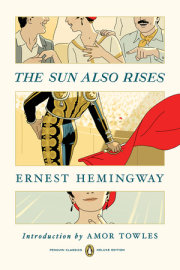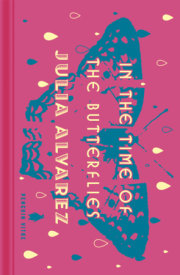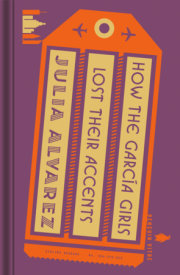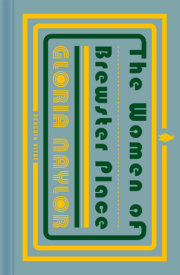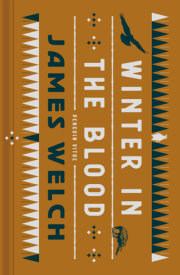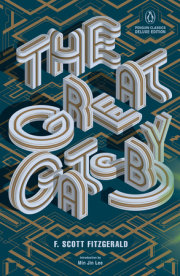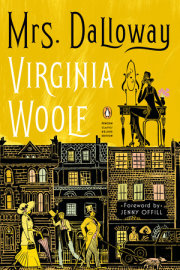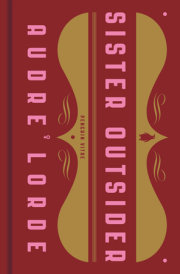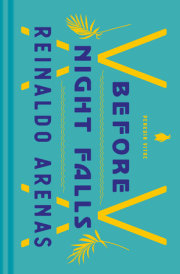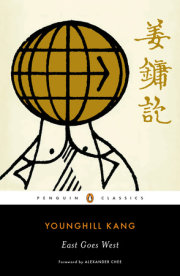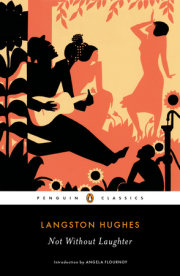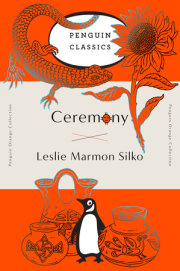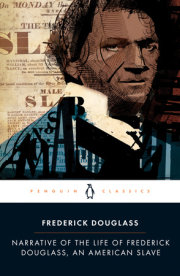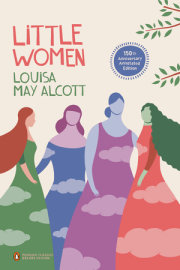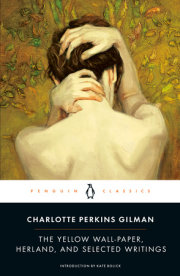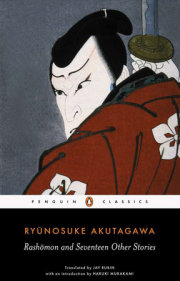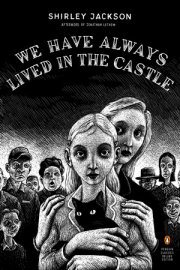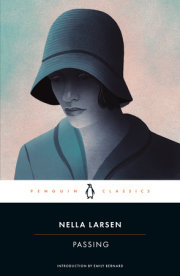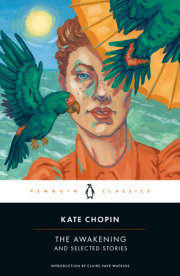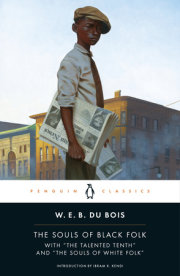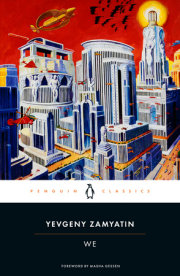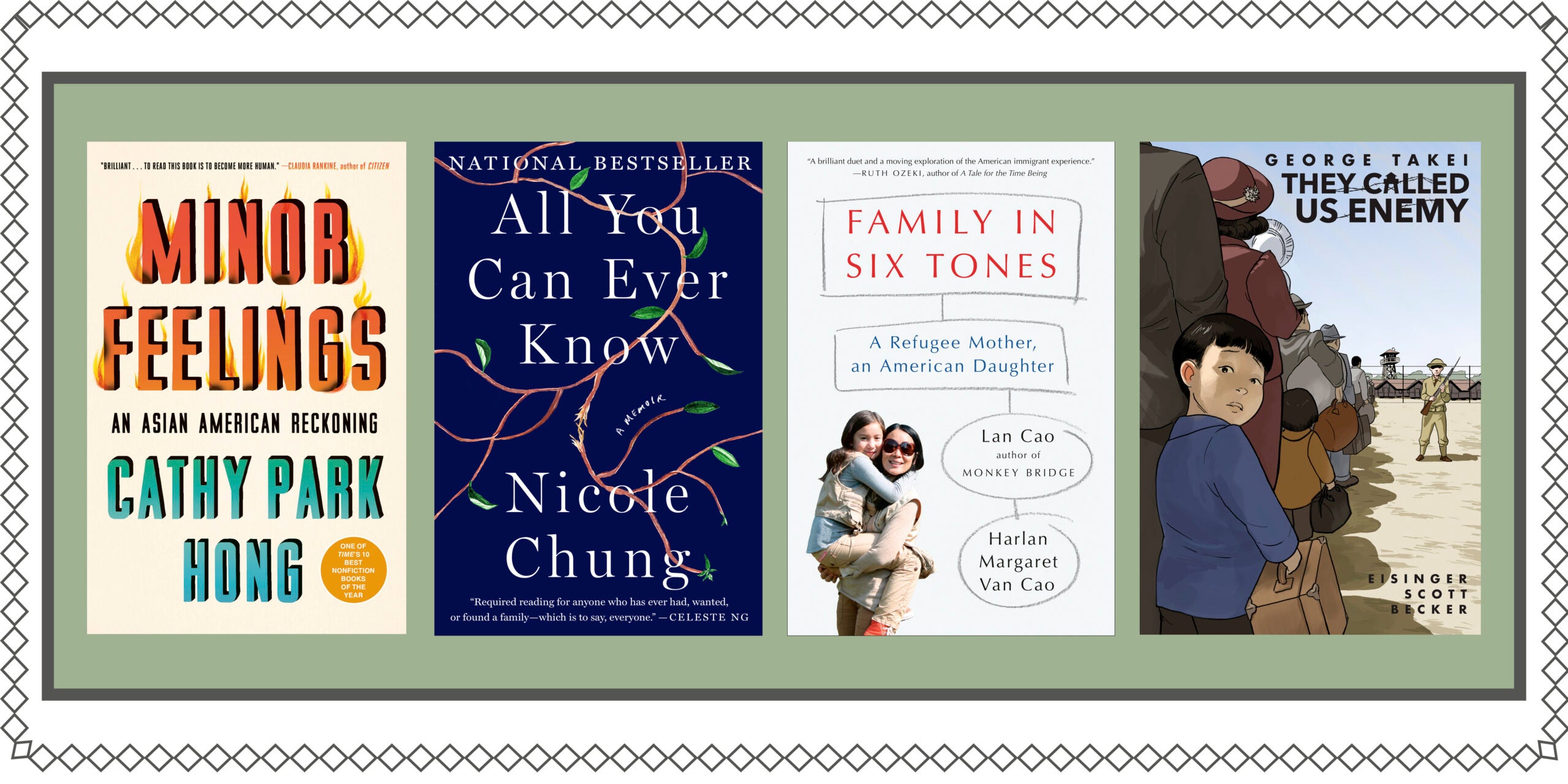Chapter I
I was the first to see him coming slowly through the tall grass in the dry bottom of the river. He walked with measured steps and when he reached the spreading mango tree that separated our land from my grandfather's, he put his bundle on the ground and sat on it, looking toward our house with the anxiety of a man who had been away from home for a long time. He was as yet unrecognizable in the early morning light, but it was evident from the way he walked that he had come a long distance. Apparently he was not a stranger in our barrio or village, for he seemed to know where he was going and to be unhurried.
I rushed out of the house and ran across the pasture where some of our animals were grazing. I headed for the rich piece of land my father was plowing. It was the season for corn and my father, like the other farmers in our barrio, had gone to our land at early dawn to start the spring plowing. I could smell the fresh upturned earth in the air and the bitter smoke of burning grass. The fields were dotted with men plowing and harrowing and raking weeds into the river.
My father halted the carabao, or water buffalo, and bit the rope. He put his wet hands on his hips and waited patiently for me. When I reached him, I leaned against the carabao and gasped for breath. The kind animal turned his head toward me and switched the flies off his back with his long tail.
"What is it, son?" asked my father, taking, the rope from his mouth and tying it to the plow handle. "Why are you running like a hound so early in the morning?"
"I think I saw brother Leon," I said, hoping that I was right about the stranger who resembled my oldest brother. "I saw him coming toward our house."
Father kicked the dirt off his feet and said: "Your brother Leon is still fighting in Europe. Maybe he is dead now. I have not heard from him." He took the rope again and flipped it gently and suggestively across the carabao's back, and the two of them, the patient animal and my father, walked slowly and industriously away, the sharp plow blade breaking smoothly through the rich soil between them.
I ran to the tamarind at the other end of the farm and climbed quickly to its top. I looked toward the mango tree, but the stranger was no longer there. I looked around as far as my eyes could see. Then I saw him coming toward our land with slow, firm steps, stopping now and then to look at the surrounding landscape. He was coming from the direction of our house.
When the carabao had reached the ditch and was trying to snatch a tuft of grass, I shouted to father to stop and look toward the stranger. He put the rope between his teeth, but when he saw the stranger and recognized him, his mouth opened in surprise and the rope fell to the wet ground. I climbed down the tree hurriedly and ran as fast as I could across the plowed earth. My father was already talking with the stranger.
I stopped suddenly when I saw my brother Leon. I had seen only his picture on the large table in our house in town. I did not know what to say now that I was seeing him for the first time. My father looked at me and his face broke into sudden gentleness.
"It is your brother, son," he said, picking up the rope. "He is home now, from the war."
"Welcome home, soldier," I said.
Leon grabbed my shoulders and swung me swiftly above his head; then he put me back on the ground and looked blank for a moment. Suddenly, with an affectionate glance at the animal, he took the rope from my father and started plowing the common earth that had fed our family for generations.
That was how I met my brother who had gone to fight a strange war in Europe. The sudden, sweeping years that later came to my life and pushed me into the unknown, the vital, negative years of hard work and bitter trials oftentimes resurrected his face for me with great vividness. And at other times I was to go back again and again to this moment for an assurance of righteous anger against the crushing terror that filled my life in a land far away. . . .
It was springtime when my brother Leon came back to our barrio, in the little farming town of Binalonan, on the island of Luzon. I must have been five years old at the time, but I remember vividly those first days when he stayed with us. He immediately discarded his khaki army uniform and opened the small trunk where he had put his old clothes before he went away. He followed the plow again and worked patiently with us, hoping, as the weeks passed into months, and the corn grew tall and ripened, that we would have a good crop.
But the Philippines was undergoing a radical social change; all over the archipelago the younger generation was stirring and adapting new attitudes. And although for years the agitation for national independence had been growing, the government was actually in the hands of powerful native leaders. It was such a juicy issue that obscure men with ample education exploited it to their own advantage, thus slowly but inevitably plunging the nation into a great economic catastrophe that tore the islands from their roots, and obfuscated the people's resurgence toward a broad national unity.
For a time it seemed that the younger generation, influenced by false American ideals and modes of living, had become total strangers to the older generation. In the provinces where the poor peasants lived and toiled for the rich hacienderos, or landlords, the young men were stirring and rebelling against their heritage. Those who could no longer tolerate existing conditions adventured into the new land, for the opening of the United States to them was one of the gratifying provisions of the peace treaty that culminated the Spanish-American War.
At this time we had four hectares of land, which were barely sufficient to keep our family from starving. We had crop rotation as an insurance against starvation, and the generosity of the soil was miraculous. In the spring we planted corn and beans and a few rows of tobacco; we harvested our crops toward the rainy season and stored them in the granary. Then we planted rice and fattened our animals in the grassy forest at the edge of the barrio; and sometimes, when the rice was growing rapidly under the warm rains, we would go to a wedding or a christening party.
Then my brother Leon met the girl who became his wife. She came from a poor family in the north, in the province of Ilocos Sur, where the peasants were overcrowded in a narrow barren land. She came to our barrio and hired herself to one of the farmers who had more hectares of land than the others. Because she came from a thrifty and industrious people, the villagers liked her and they tried wisely, before my brother Leon returned from the war, to bring their eligible sons to her attention. Fortunately my brother came back before she was betrothed, and in no time they became engaged to be married.
I do not remember the exact details of my brother's marriage, but I remember my father's immediate approval and great joy. I remember how I sat on a bamboo chair in the dancing pavilion, between the bride and the groom, watching the peasant boys and girls dancing in bare feet. It must have been the third day of the wedding, because the women in the kitchen were already putting away the plates and the large wooden bowls used as rice receptacles on the long dining table. The men were moving away the chairs, piling them into oxcarts and sleds, and giving them back to the people from whom they had been borrowed. The merrymakers, who had sat at the tables earlier that day eating rice with their bare hands and washing their mouths in a large bowl that was passed around the tables, were scattering in the yard and waiting for the momentous hour of the wedding.
It was the time for the groom to carry his bride to the new house which had been built especially for them in the yard, near the little grass hut where my father and I lived. He would then find out if his wife were virginal. When I was growing up in the barrio of Mangusmana this primitive custom was still prevalent, although in the town of Binalonan itself, of which our barrio was merely a part, it had never existed. The custom had come down to the peasants in the valleys from the hill people who had intermarried with the villagers and had imposed their own traditions.
The ritual was very simple. But it was also the most dramatic of the series of colorful wedding events. My brother Leon carried his wife across the harvested fields to their new home. We followed, shouting with joy and throwing rice upon them. We stopped in the yard when they entered the house. Then we waited silently, anxious to see the black smoke come out of the house, for it would mean that the bride was a virgin. If no smoke showed, we would know that the groom had been deceived, and we would justify his action if he returned the girl to her people. It was a cruel custom, because the women could no longer marry when they were returned to their parents, and would be looked upon with abhorrence and would be ostracized. But it was a fast-dying custom, in line with other backward customs in the Philippines, yielding to the new ways of the younger generation that were shaping out sharply from the growing industrialism.
I do not think the smoke came out of the house where my brother and his bride were alone, because I remember the crowd milling around my father and rushing into the house. The men brought the girl out and tied her to a guava tree. The angry women spat in her eyes and tore off her clothes, calling her obscene names. When one of the men rushed out of the toolshed with a horsewhip, my father frantically fought his way through the crowd. He had hardly reached the girl when a man knocked him down, and he was trampled upon by angry feet.
The men must also have knocked down my brother Leon in the house. I saw him staggering toward his bride with blood on his face. He flung himself upon her, covering her bleeding body with his, and the stones and sticks fell upon him mercilessly. Then they tied him to the tree, beside his bride, and the angry peasants, who had been his good friends and neighbors a moment ago, began throwing stones at them.
My father crawled on his knees and flung himself upon my brother and his bride.
"Stop, you devils!" he shouted helplessly. "She is a good, industrious woman, and my son wants to live with her!"
But the whips began falling upon him. A deep gash was cut across his face and blood came out of his mouth. I could no longer hear what he was saying. The shouting became deafening and the cries of the girl were drowned by that horrible human sound. Then the crowd went away, still angry but spent.
I fumbled in the dark with the bolo or butcher knife, cutting the ropes that bound them to the guava tree. It was now far into the night, and the stars were few and faraway. The sky was like a field of dying fire trees, vast and remote in the night. The girl flung her bleeding arms about my brother and wept silently. I saw my father's face searching for an answer in the earth to the unanswerable question in my brother's eyes.
I will never forget how my brother lifted the girl in his arms, as ceremoniously and gently as he had done that afternoon, and carried her tenderly into their house to begin a new life.
Not long afterward my brother Leon, who had already sold one hectare of our land, which was his share of the family property, left the barrio with his wife to live in another part of Luzon. I saw him again on my way to America, but he was then a mature man with children of his own. I had written him that I would pass through his town on my way to Manila, and had asked him, if he would, to stand in front of his house and wait for my bus. In those days there was only one bus a day from Binalonan to the train station, in the town of Dagupan. I could at least look through the window of my bus and wave good-bye to him.
When my bus came to the white saltbeds, I knew that I was nearing the place where my brother Leon lived. I saw the mango grove and the shining fish ponds beyond it, near the mouth of the Agno River that opens lazily into Lingayen gulf. At the edge of the shimmering plain, standing like a huge mushroom by the highway, was my brother's grass house. My heart began to beat faster as I drew nearer; eagerly I leaned out of the window.
Then I saw him, then his small wife, and then his children. They were standing in front of their house-the father first, then the mother, and then the children. They waved good-bye to me, all of them; and I leaned far out the window, waving to them. It was good-bye to my brother Leon and to the war that he had fought in a strange land; good-bye to his silent wife and all that was magnificent in her. It was only several hours afterward that I tried to recall how many children were beside my brother.
Copyright © 2019 by Carlos Bulosan. All rights reserved. No part of this excerpt may be reproduced or reprinted without permission in writing from the publisher.

